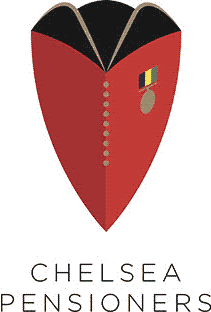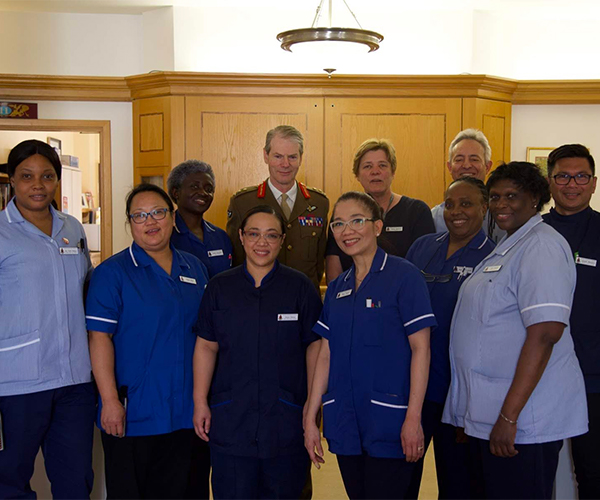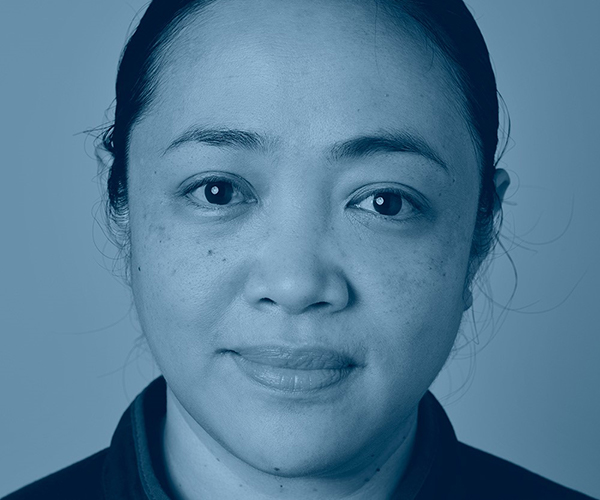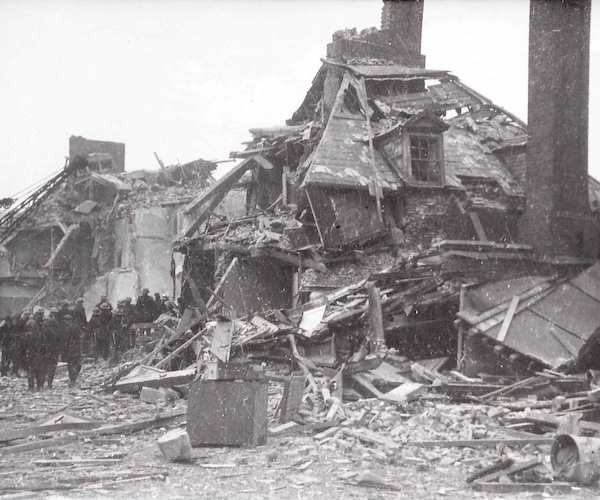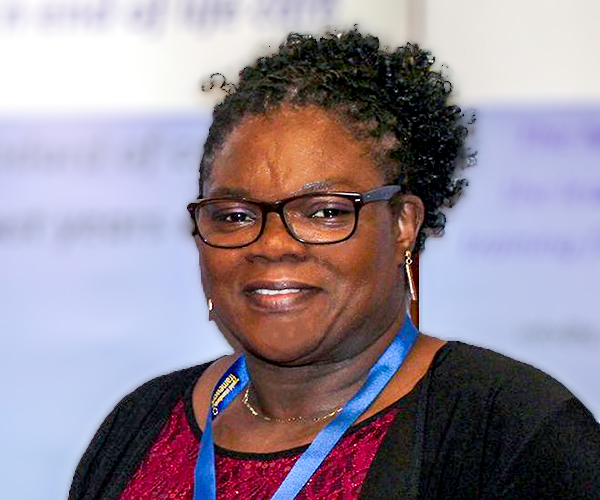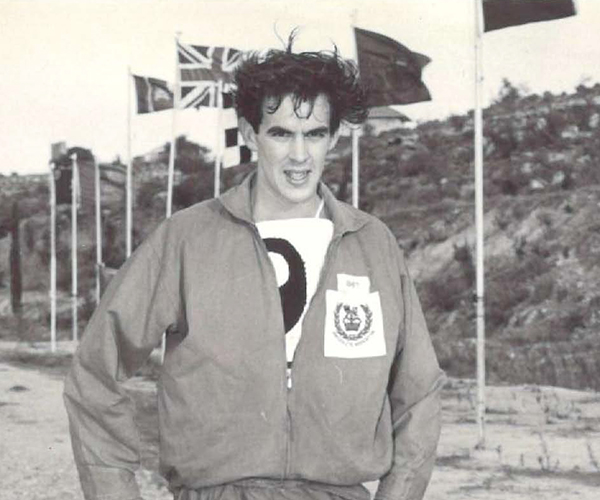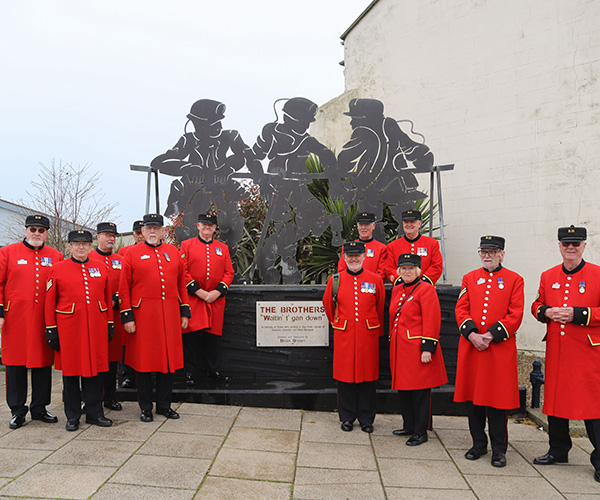Kindness and patience - Jessie Ametsitsi

Every patient is an individual
Jessie trained as a mental health nurse and started working at the Royal Hospital Chelsea in 2011. She checks on the Pensioners in her care every day, so is aware of their individual needs and any issues that need to be addressed:
“I formulate a care plan to meet the needs of each Pensioner as well as carrying out a risk assessment. I review these on a monthly basis and at any time there is a change in their condition, to ensure the health, safety and comfort of the Pensioner.”
“I give the Pensioners a smile and greet them”
Each day, Jessie begins by checking on her patients and noticing anything unusual:
“I start by checking on the Pensioners who are still in bed. Are they happy and safe? Do they want to sleep? Then I’ll check on the Pensioners in the day area and dining area – giving them a smile and greeting them. I’ll see that any medication is administered according to our guidelines and if there is an update in the medication.
I also observe the mental and psychological needs of the Pensioners and see if any of them need to be referred to a dietician, physiotherapist or occupational therapist, or the GP at our medical centre if they’re not well. If they’re more confused than usual, I’ll check why – it could be a UTI for example. I know the patients well and would be able to see anything unusual and when we would need to do something.”
“We have to remind them about the virus and the risks”
The biggest change in Jessie’s routine due to the pandemic is that now she needs to wear a face mask. This poses some problems when communicating with the Pensioners, Jessie explains:
“Before, you could just smile, sit close to them, hold their hand and chat. Now it is hard, particularly for those with cognitive impairment as we have to wear a face mask all of the time. Some of them can’t hear you when you’re talking and some of them don’t understand why you’re wearing a mask and will say ‘Can you remove that?’. But we need to ensure they’re safe as well as us. We have to remind them about the virus and the risks. At the same time, you can reassure them with touch.”
Regular testing also poses some problems:
“We need to seek consent and explain to the Pensioners what we’re doing and why this is happening. We tell them the GP has asked us to do this and they may agree. Or we may have to come back at another time of day and explain again.”
A role that’s challenging and fulfilling
Jessie says you need empathy, kindness and above all patience when you’re working with people who have dementia. This makes here work challenging, but also fulfilling:
“When a Pensioner is very upset or agitated, I would try to find out why. I spend as much time as possible with them to find out a reason for this behaviour. You need to continuously reassure them and work together to find a solution. Is it their medication? Or do they just need some company, somebody to be there?”
Understanding the Pensioners as individuals helps Jessie to find the right approach when someone is distressed:
“By working with them every day you often know exactly why. With one, you might need to take him out for a walk, and when you come back, they will be calm. For someone else you might sit quietly in a nice room where it’s cool and calm with soft music and hold their hand. I might say, ‘We are with you, you don’t need to worry’. Then we have a cup of tea together and after 15 minutes they will have calmed down. When I succeed in making a Pensioner comfortable and they are happy, I know I have achieved something that day.”
“There is nothing to worry about. We are here.”
One thing that distinguishes the Royal Hospital from other places Jessie has worked is the military experience of the patients. She says that she learns a lot from the Pensioners and that it’s ‘a privilege to work here’. However, sometimes her patients are haunted by the past:
“When there’s some cognitive impairment they might say ‘Oh the Germans are coming, they’re coming now’. Then I will explain that the war has passed and they are at the Royal Hospital Chelsea, home of the Chelsea Pensioners. I’ll say, ‘We are here to support you. There is nothing to worry about. We are here.’”
“There’s a good team here”
Covid-19 has been a challenge, but the team has pulled together, says Jessie:
“Working with other people is very important and we have a strong team. At any time, everybody’s ready to support you and assist you. For example, if someone’s test meant we had to move them to the isolation unit we all have to act quickly. So we’d work together to explain to the Pensioner what is going to happen and organise with people from other wards to move them together. Everybody joins in. There’s a good team here.”
